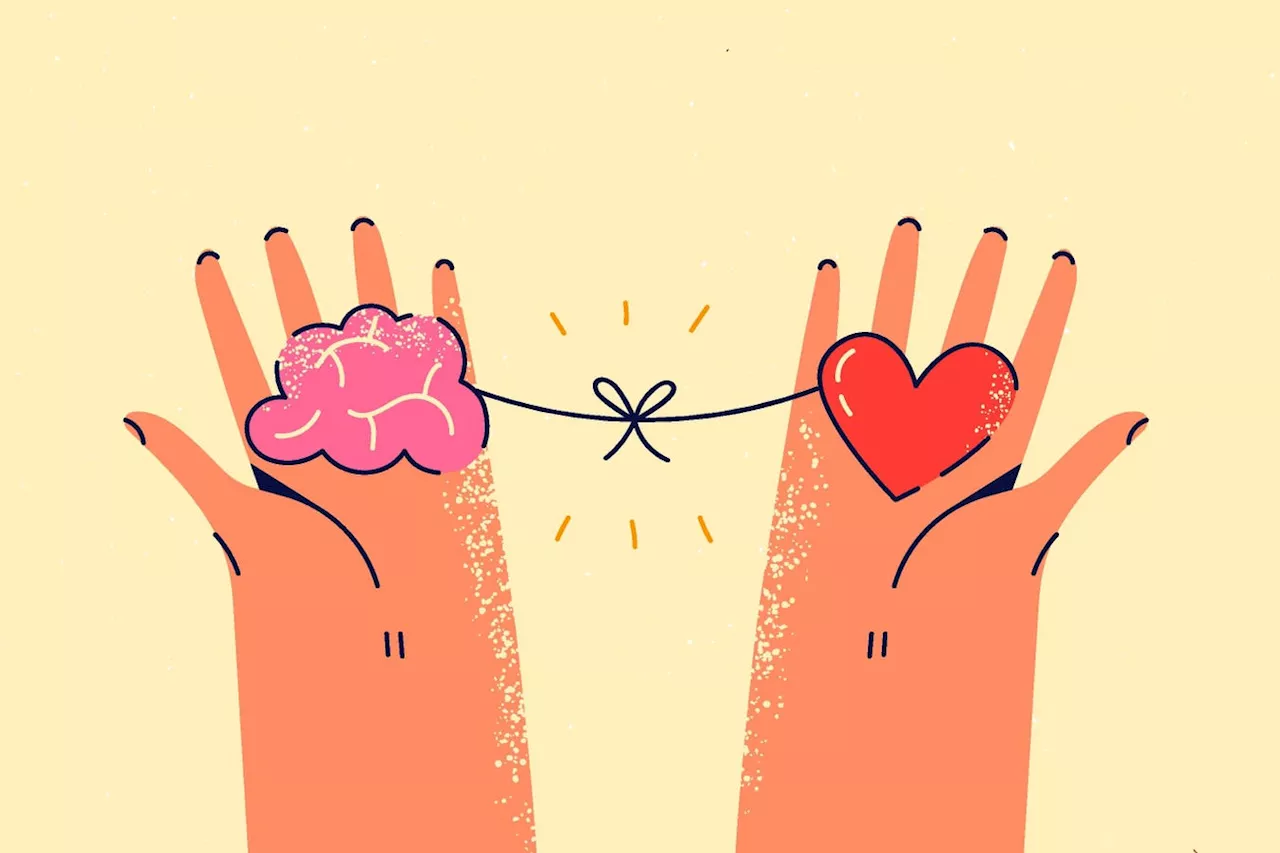While niceness is often praised as a virtue, an overemphasis on it can come with hidden costs. Be mindful to protect your well-being along the way.
When people advise you to “be nice” in relationships, it's usually well-intentioned, emphasizing the importance of kindness, empathy and compromise in fostering harmony. While these traits are undeniably valuable, there’s a delicate balance between being nice and being overly accommodating.
At first, these sacrifices may seem virtuous—after all, relationships require compromise. But when self-sacrifice becomes habitual, it leads to emotional exhaustion. Consistently neglecting your own needs not only erodes your sense of identity and self-worth but also builds frustration and burnout, leaving you feeling invisible and unheard.revealed that the emotional suppression that often accompanies sacrifice leads to increased negative feelings and lower relationship satisfaction.
To build real connection, it’s crucial to balance kindness with honesty. By being vulnerable and open about your feelings, you create space for a deeper, more meaningful relationship—one rooted in authenticity rather than conformity.Tolerating disrespectful or hurtful behavior in the name of being"nice" can feel like an act of patience, but it often backfires.
Authenticity In Relationship Being Too Nice In Relationships Emotional Suppression Over-Tolerance Self-Sacrifice Conformity In Relationships Conflict Avoidance Mark Travers Online Therapy
United States Latest News, United States Headlines
Similar News:You can also read news stories similar to this one that we have collected from other news sources.
 A Psychologist Explains The ‘Streisand Effect’ —When Censorship FailsMark Travers, Ph.d, is an American psychologist who writes about psycho-educational topics such as happiness, relationships, personality, and life meaning. He holds degrees from Cornell University and the University of Colorado Boulder.
A Psychologist Explains The ‘Streisand Effect’ —When Censorship FailsMark Travers, Ph.d, is an American psychologist who writes about psycho-educational topics such as happiness, relationships, personality, and life meaning. He holds degrees from Cornell University and the University of Colorado Boulder.
Read more »
 A Psychologist Explains The ‘Curse Of Knowledge’—And How To Overcome ItMark Travers, Ph.d, is an American psychologist who writes about psycho-educational topics such as happiness, relationships, personality, and life meaning. He holds degrees from Cornell University and the University of Colorado Boulder.
A Psychologist Explains The ‘Curse Of Knowledge’—And How To Overcome ItMark Travers, Ph.d, is an American psychologist who writes about psycho-educational topics such as happiness, relationships, personality, and life meaning. He holds degrees from Cornell University and the University of Colorado Boulder.
Read more »
 How to help your child as they start at primary school—an educational psychologist explainsStarting primary school is a momentous and exciting time for children. A positive start to school has been linked to children's social and academic success in their first year at school.
How to help your child as they start at primary school—an educational psychologist explainsStarting primary school is a momentous and exciting time for children. A positive start to school has been linked to children's social and academic success in their first year at school.
Read more »
 A Psychologist Explains The ‘It Ends With Us’ Press-Tour DramaMark Travers, Ph.d, is an American psychologist who writes about psycho-educational topics such as happiness, relationships, personality, and life meaning. He holds degrees from Cornell University and the University of Colorado Boulder.
A Psychologist Explains The ‘It Ends With Us’ Press-Tour DramaMark Travers, Ph.d, is an American psychologist who writes about psycho-educational topics such as happiness, relationships, personality, and life meaning. He holds degrees from Cornell University and the University of Colorado Boulder.
Read more »
 A Psychologist Explains The ‘Data-Driven Approach’ To LoveMark Travers, Ph.d, is an American psychologist who writes about psycho-educational topics such as happiness, relationships, personality, and life meaning. He holds degrees from Cornell University and the University of Colorado Boulder.
A Psychologist Explains The ‘Data-Driven Approach’ To LoveMark Travers, Ph.d, is an American psychologist who writes about psycho-educational topics such as happiness, relationships, personality, and life meaning. He holds degrees from Cornell University and the University of Colorado Boulder.
Read more »
 A Psychologist Explains ‘Phantom Vibration Syndrome’—Smartphone HallucinationsMark Travers, Ph.d, is an American psychologist who writes about psycho-educational topics such as happiness, relationships, personality, and life meaning. He holds degrees from Cornell University and the University of Colorado Boulder.
A Psychologist Explains ‘Phantom Vibration Syndrome’—Smartphone HallucinationsMark Travers, Ph.d, is an American psychologist who writes about psycho-educational topics such as happiness, relationships, personality, and life meaning. He holds degrees from Cornell University and the University of Colorado Boulder.
Read more »
